Account Login
- Home
- Mobiles
-
- News
-
All news
Latest news
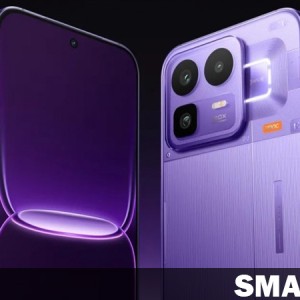
Jan 25, 2026 /
Realme Neo8 Launches with Snapdragon 8 Gen 5 & 8000mAh
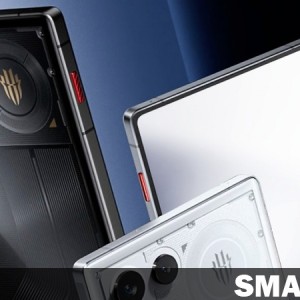
Jan 15, 2026 /
RedMagic 11 Air Design, Display & Colors Revealed
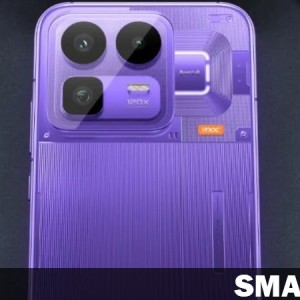
Jan 12, 2026 /
Realme Neo8 Specs Leak: 165Hz AMOLED, Snapdragon 8 Gen 5
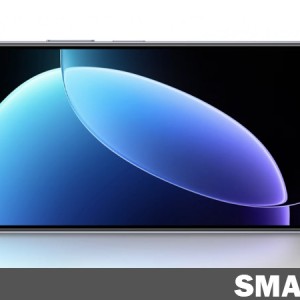
Jan 12, 2026 /
vivo Y500i Launched with 7200mAh Battery and 120Hz Display
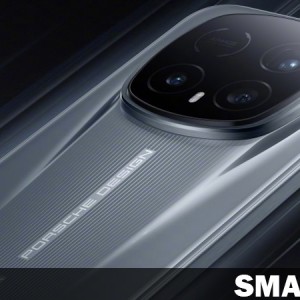
Jan 12, 2026 /
Honor Magic8 RSR Porsche Edition Launch Date Revealed
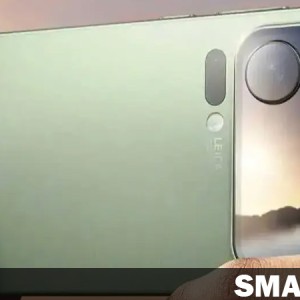
Jan 12, 2026 /
Xiaomi 17 Max Leaks Reveal Massive 8000mAh Battery
-
- Reviews
-
All reviews
Latest reviews
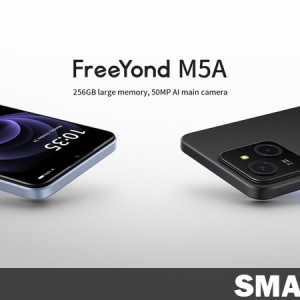
Jun 14, 2024 /
FreeYond M5A : A New Name in Budget Mobile
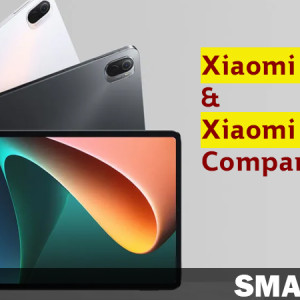
Apr 23, 2023 /
Xiaomi Pad 6 vs Xiaomi Pad 6 Pro Comparison
-
- Other
- Contact Us
Top 10 Smartphones
| Device | Total hits | ||
|---|---|---|---|
| 1 |
| 44103 | 2 |
| 33363 | 3 |
| 33229 | 4 |
| 27184 | 5 |
| 26633 | 6 |
| 24540 | 7 |
| 22951 | 8 |
| 22594 | 9 |
| 21518 | 10 |
| 21257 |
Best Ratings
Latest News
Latest Reviews
Huawei May Overtake Apple with Breakthrough HBM Memory in Smartphones
Jul 05, 2025 Chathura Prabhaswara Gamage News 2741 hits
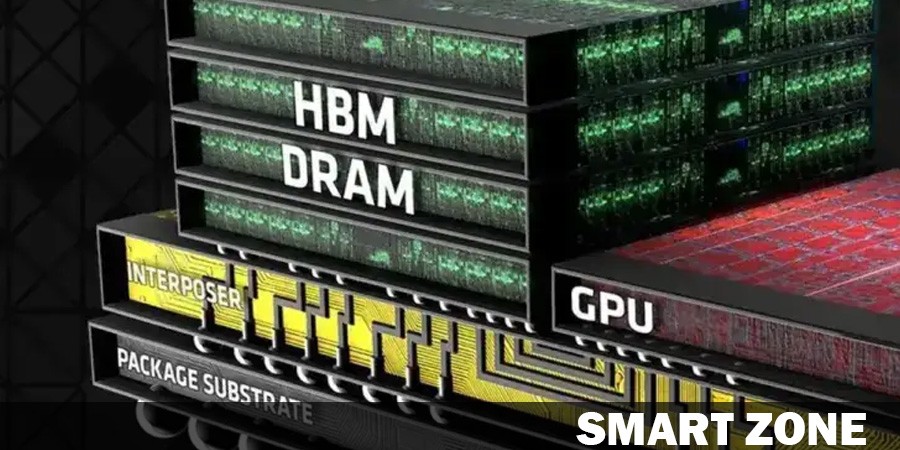
Huawei May Overtake Apple with Breakthrough HBM Memory in Smartphones
Huawei is making bold moves in the mobile industry by preparing to introduce HBM (High Bandwidth Memory) technology in its smartphones — a groundbreaking step that could position the company ahead of competitors like Apple. According to reports on Weibo, Huawei may become the first smartphone manufacturer to adopt HBM memory, traditionally reserved for high-performance computing applications like AI processors and GPUs.
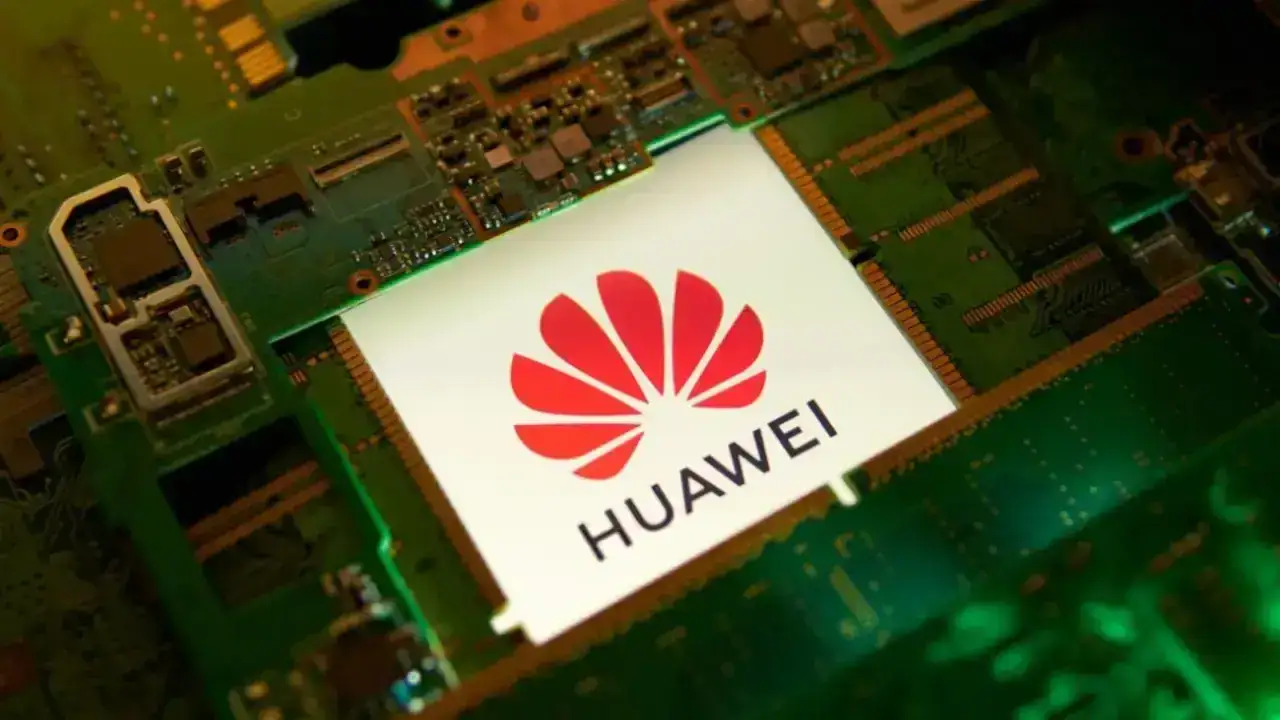
📱 What is HBM Memory and Why It Matters in Smartphones?
HBM (High Bandwidth Memory) is a high-performance memory type that offers significantly higher data transfer rates and better power efficiency than traditional smartphone memory like LPDDR5X. Unlike conventional memory, HBM uses 3D stacking to pack more memory into a smaller space, delivering better speed and thermal efficiency — two critical components for modern smartphones, especially those with AI capabilities.
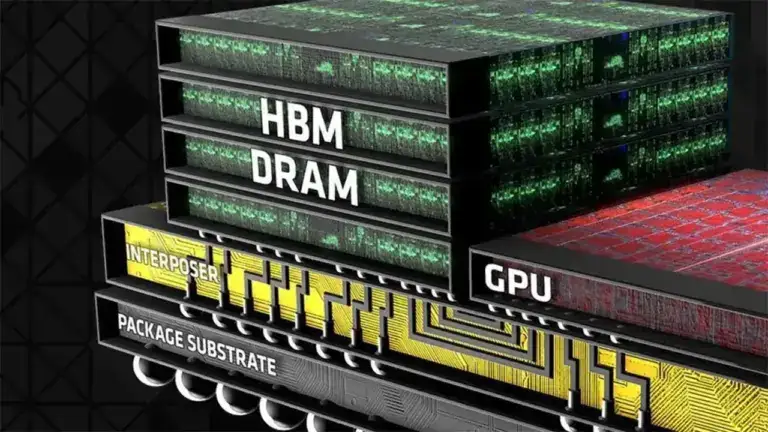
🚀 Huawei’s Strategy to Beat Apple with Innovation
While Apple plans to introduce HBM technology in its 20th anniversary iPhone in 2027, Huawei might beat them to the punch. Reports suggest Huawei could integrate HBM well before Samsung launches LPDDR6 in late 2026. This would give Huawei a significant first-mover advantage in mobile AI performance.
Despite U.S. sanctions limiting access to chipmakers like TSMC and Samsung, Huawei partners with SMIC (China’s leading chip manufacturer) to produce 7nm chips, pushing innovation within its own ecosystem.
🤖 AI and Performance Boost with HBM Memory
The implementation of HBM memory in smartphones would drastically enhance AI capabilities. High bandwidth is crucial for real-time AI tasks, image processing, and multitasking. With HBM, Huawei smartphones could handle data-heavy operations more efficiently than current devices on the market — potentially outperforming Apple’s A-series chips in certain areas.
While Huawei hasn't officially confirmed which phone will debut with HBM, analysts believe the introduction of this advanced memory will redefine mobile performance, bringing desktop-level computing to the palm of your hand.
🧠 Future of Smartphones: Smarter, Faster, and More Efficient
If Huawei succeeds, we could be witnessing the dawn of a new smartphone era. HBM-enabled smartphones will likely deliver:
- Lightning-fast app performance
- Smarter AI-driven features
- Seamless multitasking
- Exceptional power efficiency
This leap in hardware innovation could reshape the mobile landscape, making Huawei a key leader in next-gen smartphone technology.




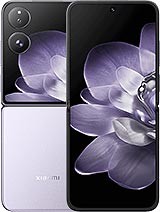
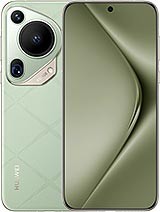


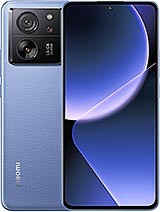
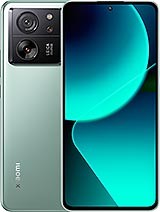
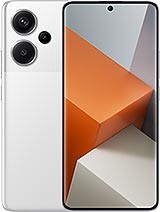

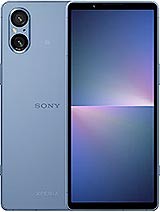
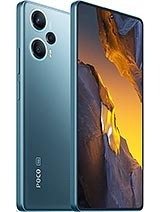

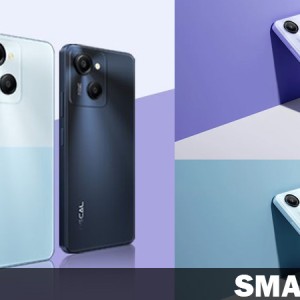
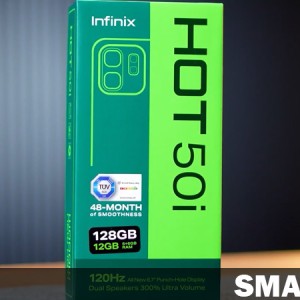
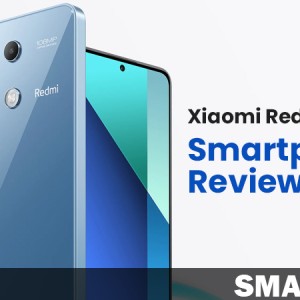

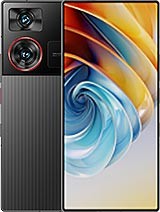
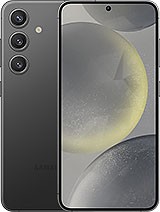
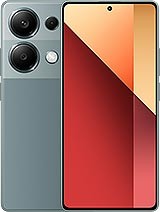

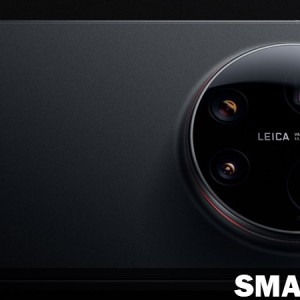
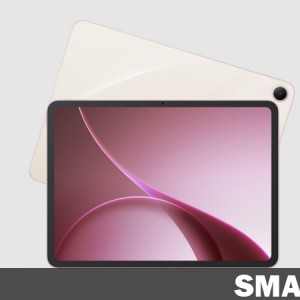
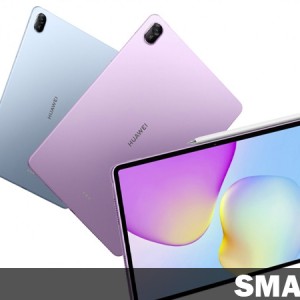
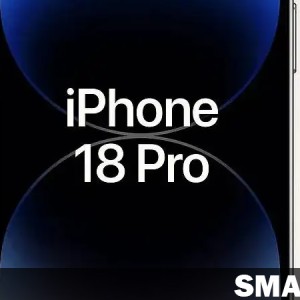

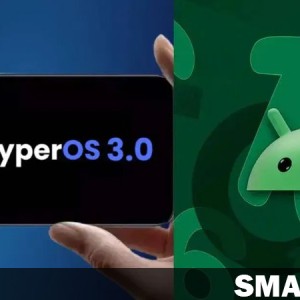
Leave a comment: